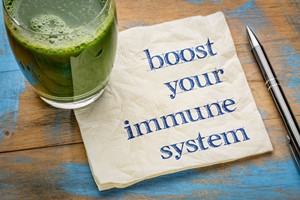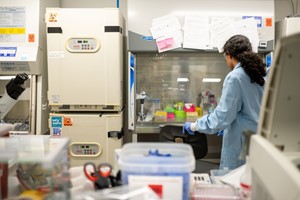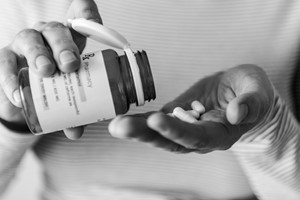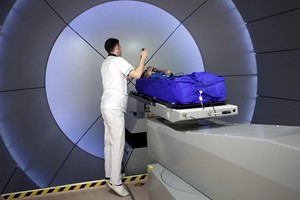With COVID-19 numbers fluctuating and restrictions and advice changing continually, at times, our ‘new normal’ can feel like an emotional rollercoaster.
According to Cleveland Clinic psychologist, Scott Bea, PsyD, refusing to feel helpless is the key to a smooth ride.
He recommends taking action and finding things – and people – that bring positivity into our lives.
He suggests asking: “What can I do today, this week, and tomorrow that might make a difference in how I’m feeling? How can I develop? How does this support favorable mood states? And how can I be in touch with people who also have a more uplifting view, rather than the ones that are singing a sad song?”
Dr. Bea says uncertainty can result in anxiety. Not knowing how something will unfold can create difficult sentiments and demoralization – causing people to withdraw and give up. Rather than looking too far into an uncertain future, he recommends taking one day at a time.
If you’re feeling down, he says sometimes doing the opposite can help. So, if you feel like staying in bed – get up and move your body. Or, if you feel like withdrawing – reach out to a friend and make contact.
He adds that giving a gift can boost your mood as well. “Gift-giving is a way to give your gift to touch another person to boost their mood,” said Dr. Bea. “You actually get it back and maybe two- or three-fold. We know that gift-giving activates positive chemistry.”
He adds that this may be a good time to put your energy into creating new healthy habits – just be patient and keep in mind that it takes 66 days for a habit to stick.
He also explains that as the seasons are changing, some people begin to experience seasonal depression. As many people are already feeling low-grade depression due to COVID-19 restrictions, this could turn the coming months into a real mental health struggle.
“If we’re already feeling some helplessness, hopelessness, irritability, confinement and we add a change of season – those who are experiencing seasonal affective disorder are going to really be challenged,” Dr Bea says.
He offers the following advice:
- Exercise: Committing to an exercise program is a great place to start because exercise – just about any type – has a positive impact on mood.
- Maintain social connections: It is also a good idea to plan and maintain social connections – he said virtual interactions with family and friends or physically distanced outdoor activities, can be helpful.
- Structure schedule: Keeping busy with a structured schedule is beneficial too. “We know a good biological treatment for depression is called ‘activity scheduling’,” said Dr. Bea. “It doesn’t have a lot of appeal for people on the surface, but if you can schedule your days in blocks of time with meaningful, purposeful, recreational, interpersonal sorts of activities - and commit yourself to those activities - that gets you out of your mind where a lot of the misery occurs, into your real life, and we know that this changes what our brain does biologically.”
- Light therapy in winter: Bea said people who struggle with seasonal affective disorder in winter may also want to consider buying a therapy light that shines at 10,000 Lux. He said sitting in front of a therapy light for 30 minutes every day is an additional measure for fighting seasonal depression.













